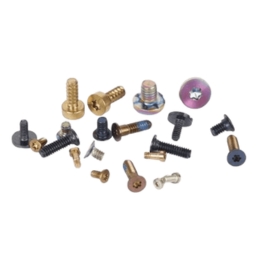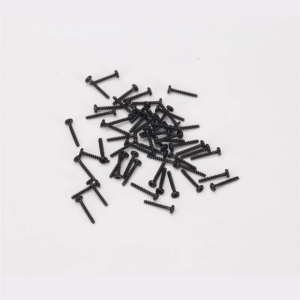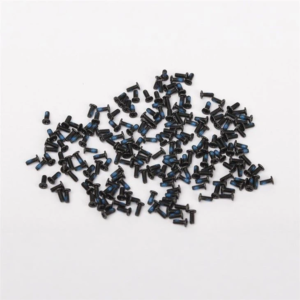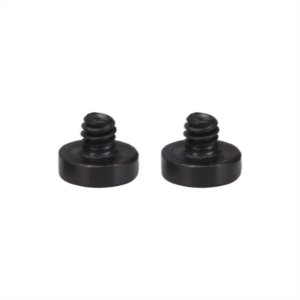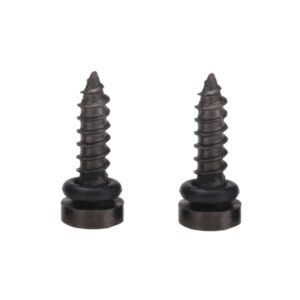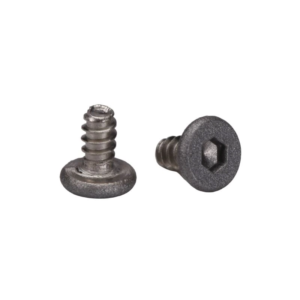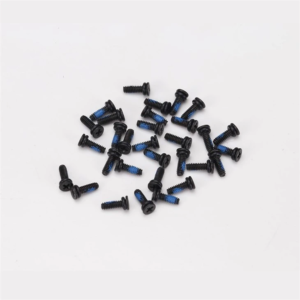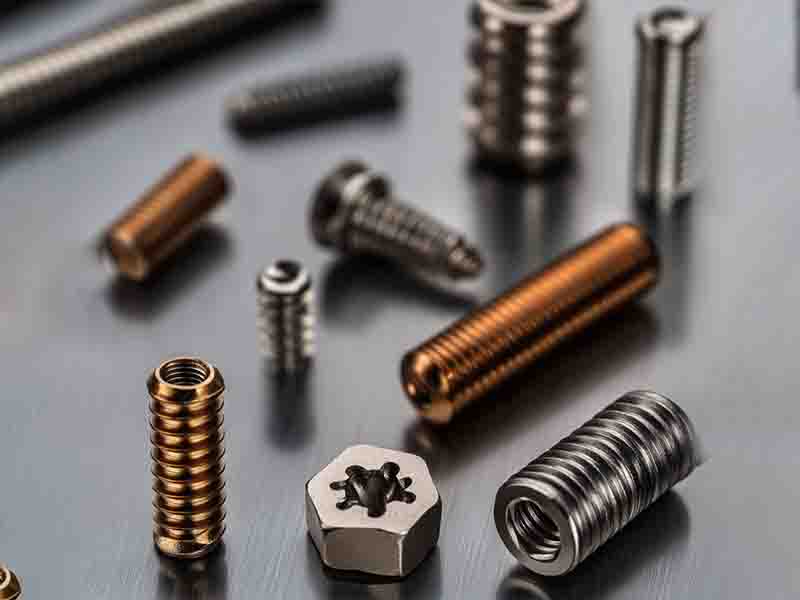
Screws are one of the most essential fasteners used across a wide range of industries. Their versatility and ability to securely connect various materials make them indispensable in countless applications. Whether it’s construction, electronics, automotive, or aerospace, screws are designed and selected to meet the specific needs of each field. In this blog, we will explore the different application areas of screws and how they contribute to the success of various industries.
Table of Contents
1. Construction and Furniture: Reliable Fastening Solutions
In the construction and furniture industries, screws play a vital role in connecting wood, metal, and plastic components. Whether you’re assembling furniture, building a house, or installing machinery, screws ensure that materials stay securely fastened over time.
Commonly used screws in this field include:
- Wood Screws: These are specifically designed for use in wood and typically feature a tapered body and a pointed tip for easy insertion into the material.
- Self-Tapping Screws: These screws have the ability to cut their own threads into materials like plastic or metal without requiring pre-drilling.
- Self-Drilling Screws: These screws have a drill-like tip that allows them to drill their own hole as they are driven in, making them ideal for fast installation into metal.
In both construction and furniture manufacturing, the strength, durability, and ease of use of screws are crucial. High-quality screws ensure that the structure remains stable and safe for years.
2. Mechanical Engineering: Precision and Strength in Every Fastener
The mechanical engineering field requires screws that can withstand high levels of stress and deliver precise performance. These screws are used in machinery, equipment, and complex mechanical systems, where reliability is key.
Commonly used screws in mechanical engineering include:
- Hexagon Screws: With their robust design, these screws are used in applications where high torque is needed. Their hexagonal shape allows for a strong grip and easier fastening.
- Hexagon Socket Screws: These screws are often used in situations where a more compact fastener is needed, offering high torque resistance and better holding power.
- High-Strength Screws: These are made from materials like stainless steel or alloy, designed to handle heavy-duty applications, such as in automotive machinery and industrial equipment. high-strength screws1
In mechanical engineering, the screw’s ability to maintain precision and withstand high stress is critical for the operation of machinery and mechanical systems.
3. Electronics and Electrical: Small, Precise, and Durable
The electronics and electrical industries rely on screws that are not only small in size but also offer high precision, durability, and resistance to vibrations. With the increasing miniaturization of electronic devices, screws in this industry must meet stringent quality standards.
Commonly used screws in electronics and electrical applications include:
- Micro Screws: These tiny screws are designed for use in compact devices such as smartphones, laptops, and cameras.
- Precision Screws: These screws are highly accurate and are used in intricate electronic devices where thread integrity and tight fastening are required.
- Special Screws: These may be customized for specific applications, offering features like anti-vibration or corrosion resistance, ensuring that the screws stay secure even under harsh conditions. precision screws in electronics2
In electronics, screw manufacturers focus on creating high-precision fasteners that can securely hold delicate components while maintaining the structural integrity of devices.
4. Automotive: Strength and Durability for Complex Machinery
In the automotive industry, screws must meet extremely high standards for both strength and durability. These fasteners are used to hold various components in place, from engine parts to body panels. Given the stresses that vehicles endure, automotive screws are engineered to withstand vibration, high temperatures, and continuous wear and tear.
Common automotive screws include:
- Hub Screws: Used in wheel hubs to secure wheels to the vehicle.
- Engine Screws: These screws are used to fasten engine components that are subjected to extreme temperatures and vibrations.
- Chassis Screws: Found in the vehicle’s chassis, these screws need to offer maximum strength and security, supporting critical vehicle systems. materials for automotive screws3
Screws in automotive applications must be robust, able to resist corrosion, and capable of enduring extreme conditions. The quality of these screws directly impacts the safety and performance of the vehicle.
5. Aerospace: Lightweight and High-Strength Materials
The aerospace industry is one of the most demanding sectors when it comes to screws. Given the critical nature of aerospace applications, screws must meet stringent weight, strength, and reliability requirements. Aerospace screws are often made from lightweight yet strong materials to ensure the safety and performance of aircraft, spacecraft, and satellite components.
Common screws used in aerospace applications include:
- Titanium Alloy Screws: These screws are known for their high strength-to-weight ratio, making them ideal for the aerospace industry where every gram matters.
- Aluminum Alloy Screws: Aluminum offers lightweight properties and is corrosion-resistant, making it a perfect choice for parts that will be exposed to harsh environments like outer space or high-altitude flight. aerospace screws materials4
Aerospace screws must also comply with high safety standards and are subjected to rigorous testing to ensure their reliability in critical situations.
Conclusion: Choosing the Right Screw for the Job
As we have seen, the application areas of screws span multiple industries, each with its own set of requirements. Whether it’s ensuring the structural integrity of a building, improving the performance of a car, or ensuring the safety of an aircraft, screws are vital to the success of these fields. Understanding the specific needs of each industry helps in selecting the right screw material, design, and features, ensuring optimal performance and longevity.
At FHT, we offer a wide range of screws designed for different applications. With over 11 years of experience in manufacturing high-precision fasteners, we provide custom solutions tailored to the unique requirements of each industry. Our commitment to quality and customer satisfaction makes us a trusted partner for all your screw manufacturing needs.
Contact us today to learn more about how our custom screws can meet the needs of your industry and enhance the performance of your products.
1: High-strength screws – Discover the role of high-strength screws in mechanical engineering applications, especially for heavy-duty and industrial machinery.
2: Precision screws in electronics – Explore how precision screws are used in electronics for delicate applications and miniaturized devices.
3: Materials for automotive screws – Find out the materials used for automotive screws, designed to endure high stress, heat, and vibrations in vehicles.
4: Aerospace screws materials – Understand why materials like titanium and aluminum are used for aerospace screws, focusing on their lightweight yet strong properties.

